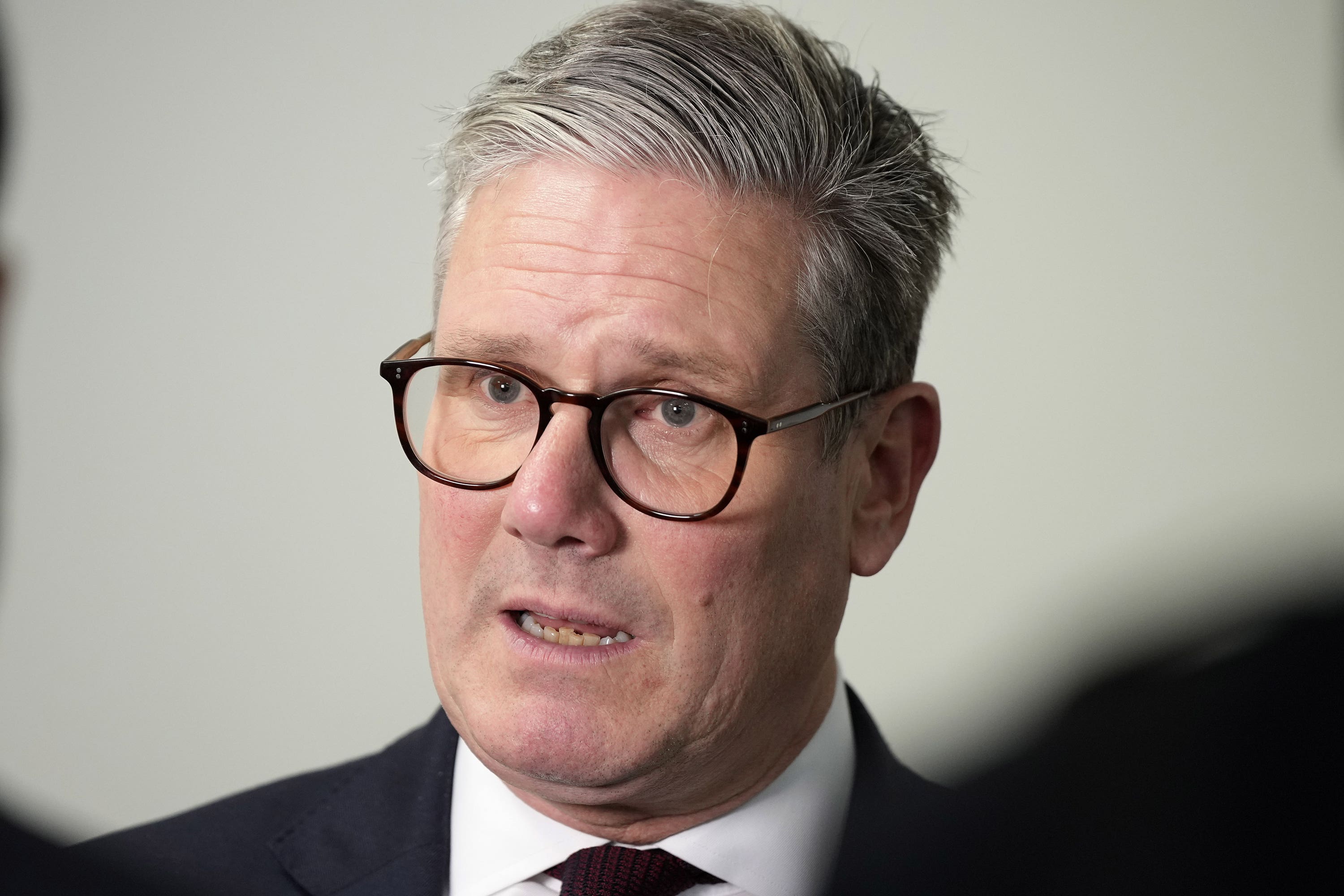Keir Starmer ‘committed’ to BBC licence fee
The former government announced a review into the licence fee model, which will look at alternative funding for the household payment.

Prime Minister Sir Keir Starmer has said he is “committed” to the BBC and its TV licence fee.
The annual fee faced years of scrutiny under the Conservative government, with it being frozen for two years at £159 before it was increased at a lower rate than the corporation expected, bringing the charge to £169.50 in April.
The former government also announced a review into the licence fee model, which will look at alternative funding for the corporation’s operations for when its current charter period ends in December 2027.
Addressing the future of the household payment, the Prime Minister told reporters during his trip to Washington DC: “We’ve committed in our manifesto to obviously the BBC and to the licensing scheme.
“It comes up – I think, from memory – in 2027, so obviously there’s going to be some more thought between now and then.
“But we are committed to the BBC and we are committed to the licensing arrangements.”
Labour MP Lisa Nandy is set to oversee the review of the licence fee after being appointed as the Culture Sectary.
Under the BBC Funding Model Review’s terms of reference, an expert panel will consider what corporation services could become fully commercial and how much business revenue the broadcaster could generate.
It will also look at the funding arrangements of the BBC World Service and minority language broadcasting.
Labour leaders will decide what happens next with the BBC, following consideration of a report by the panel which is set for release in the autumn.
The party committed in its manifesto that it will work “constructively with the BBC and our other public service broadcasters”, making culture and the arts more accessible and investing in the creative industry as part of its industrial strategy.
A BBC spokesperson said: “We remain totally focused on offering value to the public and will engage with the government on funding at the appropriate time.”
BBC director-general Tim Davie has previously said he is open to a “more progressive” licence fee, with a consultation expected to be launched next year for the public to have their say.
The previous freezes in the fee and rising inflation has driven the broadcaster to reassess its priorities as it seeks to make £500 million of savings, with Mr Davie announcing in March that a further £200 million of savings will need to be made.
Bookmark popover
Removed from bookmarks